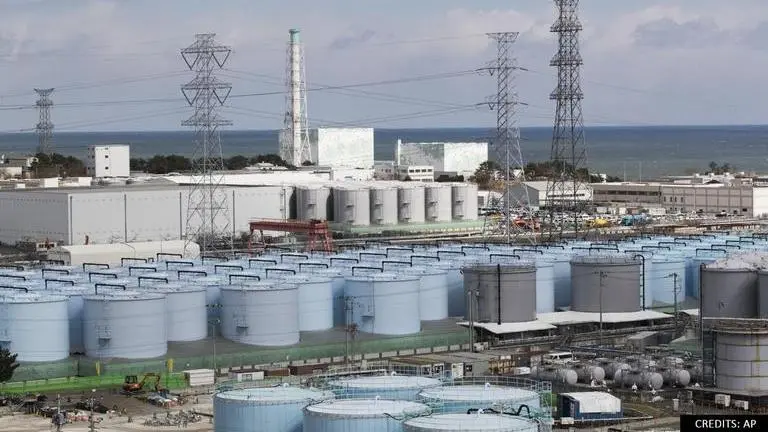Updated 8 September 2021 at 23:30 IST
IAEA demands plan for discharge of radioactive waters from Japan's Fukushima nuclear plant
The nuclear plant currently stores contaminated water in thousands of tanks that needs to be emptied by 2023,
- World News
- 2 min read

Japan's infamous Fukushima nuclear plant has been taken under scrutiny by the International Atomic Energy Agency (IAEA), as the body's experts demand a well-thought plan from the plant's operators to release radioactive water into the ocean. Located in Okuma of the Fukushima prefecture, the nuclear plant currently stores contaminated water in thousands of tanks that need to be emptied by 2023, reported the Associated Press.
The IEAE has sent a three-member team to the site for an on-site examination on September 8, following a planned meet with the government to discuss important details of the project, as per AP.
Fukushima Nuclear Disaster
The nuclear plant, situated on Japan’s Pacific coast, is said to have faced one of the world's worst nuclear disasters. The mishap that occurred in March 2011 is because of the Tsunami that wrecked Japan following a massive earthquake. The destruction faced by the plant caused a malfunction in the cooling system of the reactors that caused a fuel meltdown, resulting in a widescale spread of radiation a few days after the earthquake.
The reactors contain melted fuel to this day, which still poses radiation threats. The incident is remembered as the worst nuclear accident since the 1986 Chernobyl disaster.
Advertisement
According to a Britannica report, the government had to issue evacuation warnings following the explosions stretching up to 30 km from the disaster site that led to the migration of nearly 50,000 residents from their houses.
Roadblocks to the cleaning process
The idea to release the radioactive water in the Pacific ocean has met with protests from the fishermen who fear harm to marine life. Adding further resistance to the idea, residents and Japan's neighbours including China and South Korea have advised otherwise, reported AP. The plant's operator, Tokyo Electric Power Company Holdings (TEPCO) in partnership with the government has promised commitment to treat the water that will then be discharged through an undersea tunnel.
Advertisement
However, the bodies involved in executing the plan stated that all elements except for Tritium in the water can be treated to safe levels but assured Tritium to be harmless in small amounts.
(IMAGE CREDITS: AP)
Published By : Harsh Vardhan
Published On: 8 September 2021 at 23:30 IST
